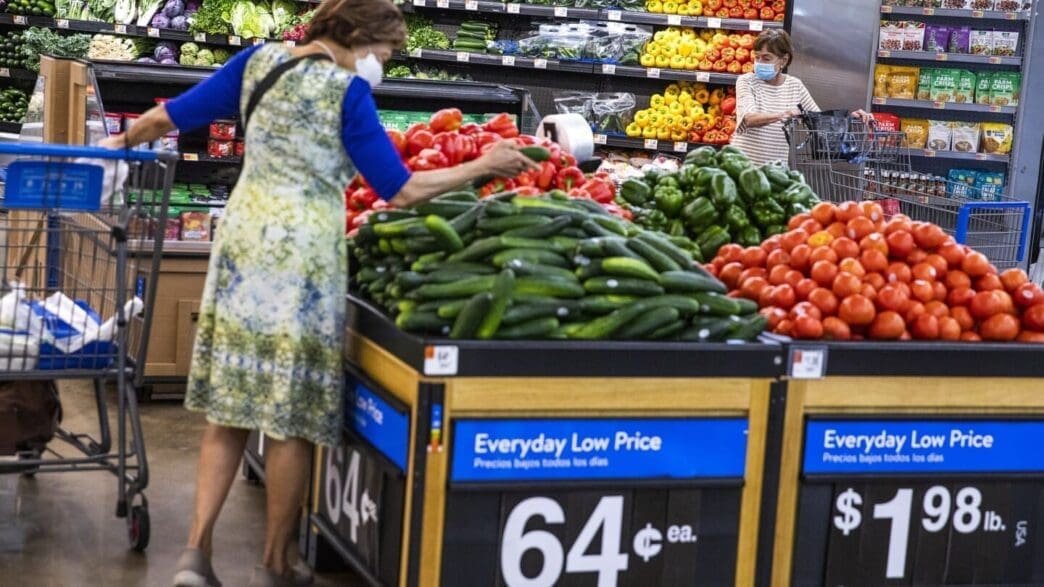Donald Trump’s recent announcement on social media has sparked concerns over potential economic consequences. Trump has proposed substantial tariffs on imports from Mexico, Canada, and China, as a strategy to combat illegal immigration and drug trafficking to the United States. This decision has raised alarms across several sectors due to the anticipated rise in consumer prices.
If implemented, these tariffs could significantly clash with Trump’s previous promises to ease the burden of inflation on American households. Economists predict businesses may transfer the increased costs to consumers, leading to a notable surge in prices for essentials such as food, clothing, and automobiles.
Among the affected goods, fresh fruits and vegetables could see price hikes, particularly as Mexico and Canada are major suppliers to the U.S. In 2022, Mexico accounted for 51% of fresh fruit and 69% of fresh vegetables imported by value into the country. The Produce Distributors Association has expressed concern that such tariffs will lead to even higher costs for fresh produce and may provoke retaliatory measures from other nations.
Automobile prices are another area of concern, with potential substantial increases. In 2023, approximately 15% of the 15.6 million vehicles sold in the U.S. were imported from Mexico, and 8% from Canada. If automakers cannot swiftly offset tariff costs through increased efficiency, consumers may find new vehicle purchases increasingly unattainable. Analysts highlight that companies such as Volkswagen and General Motors, which rely heavily on imports from these countries, could face severe operational disruptions.
Moreover, the U.S. spirits market might suffer due to tariffs on products like tequila and Canadian whisky, which could result in job losses within the hospitality sector. These tariffs challenge Trump’s promise of job creation as these products are uniquely produced in their respective countries, making it difficult for U.S. businesses to replace them.
Retailers like Best Buy and Walmart have also expressed potential concerns about the downstream effects of these tariffs. With already slim profit margins, these companies might have no choice but to pass increased costs onto consumers, further straining household budgets.
Economists emphasize that such tariffs would not only escalate consumer prices but might also disrupt supply chains. Businesses could face pressure to source alternative materials rapidly, which may not always be feasible, possibly leading to shutdowns. As a result, the overall economic impact could be much larger than anticipated.
Additionally, geopolitical dynamics could be strained, as retaliatory tariffs from affected nations could further complicate international trade relations. Mexican President Claudia Sheinbaum has already suggested that Mexico may respond with tariffs of its own.
In the backdrop of these developments, it’s also significant that the existing U.S.-Mexico-Canada trade agreement, largely negotiated by Trump himself, contradicts the imposition of such tariffs. Expert opinions suggest this tariff threat could be a strategic maneuver to renegotiate terms with these countries, especially considering recent fluctuations in border security statistics.
In light of Trump’s tariff proposals, consumers, industries, and governments must brace for potential economic ripple effects. While these proposed duties aim to address complex issues like immigration and drug trafficking, their immediate impact might be counterproductive to economic stability and consumer affordability. The unfolding scenario invites careful consideration and strategic dialogue to balance national objectives with economic sustainability.
Source: APNews








